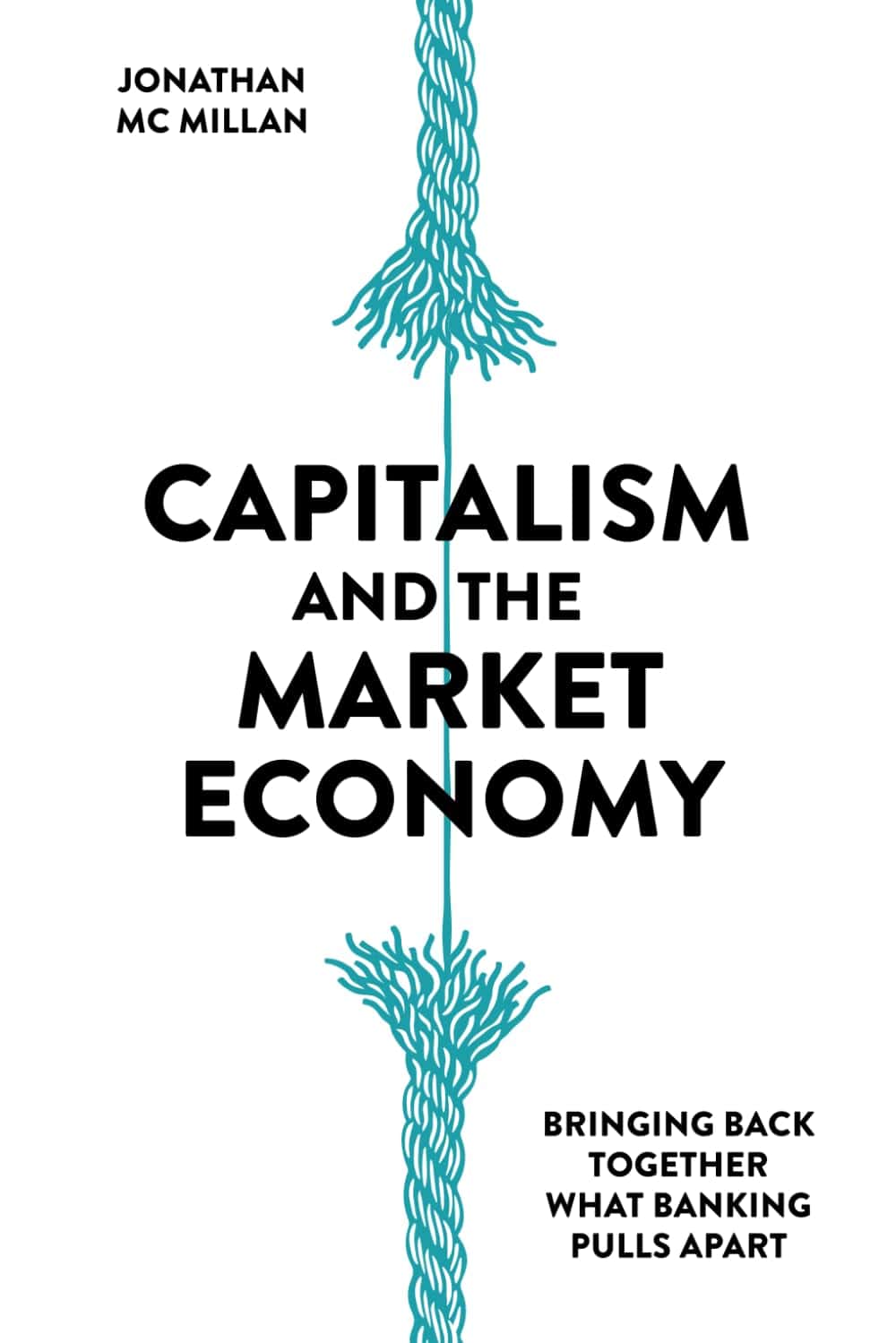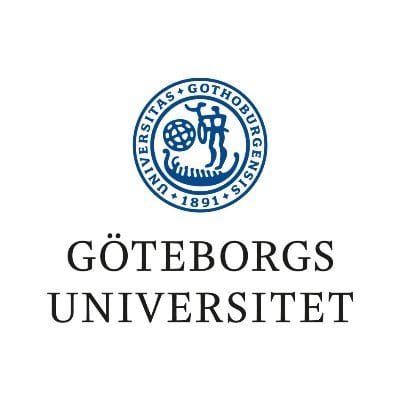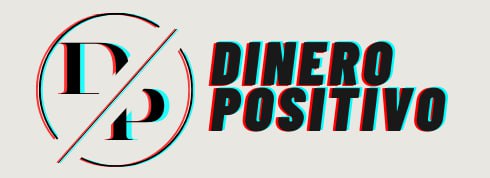How to fix capitalism
Many people say that capitalism is bad. But what is capitalism? Why is it problematic? And can capitalism's inherent problems be solved?
Join us for an exclusive webinar with McMillan, a pseudonym for an anonymous banker and Jürg Müller, director of a large think tank in Switzerland. They present their 2024 book Capitalism and the Market Economy with a brilliant and radical plan to fix capitalism. Register now to watch the webinar and download a transcript for free:
* By clicking the button, you agree to Positiva Pengar emailing you more information about this and future webinars. You can stop receiving our emails whenever you want by clicking unsubscribe.
What is capitalism?
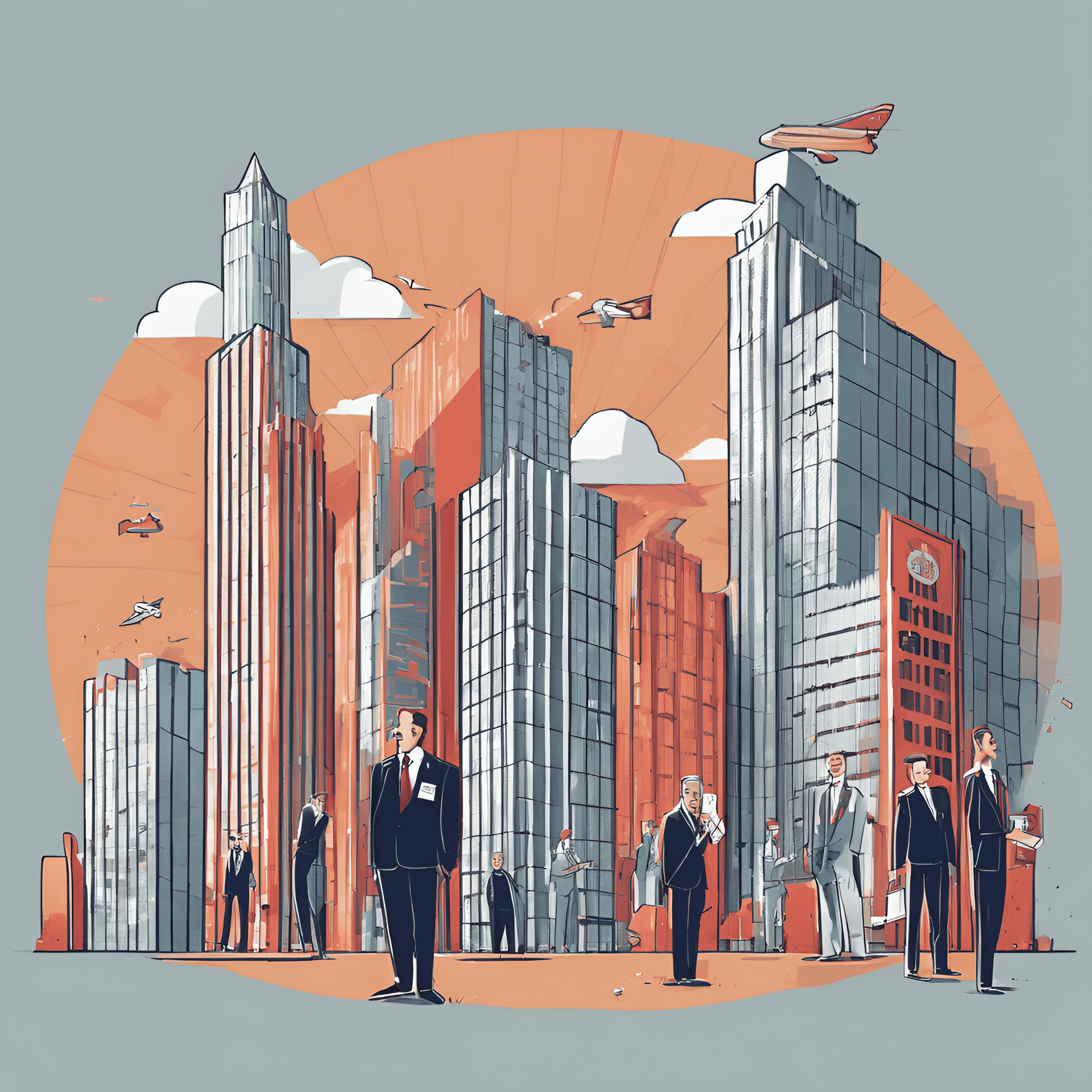
Capitalism is often defined as the economic system of the last 300 years characterized by (i) free markets and (ii) private ownership of the means of production. But according to McMillan, this definition is flawed.
Markets have existed for thousands of years; it is not something new in the last 300 years. And privately owned means of production have also existed since humans started farming.
So, what is capitalism? What is the new thing that emerged some 300 years ago that characterizes capitalism? The answer is corporations. Capitalism meant that the capital (the means of production) moved from individual ownership by farmers, craftsmen, shippers, etc. to collective ownership via large corporations.
Corporations
Capitalism is an economic order where most capital is managed by corporations.
But what was unique and new about corporations? According to McMillan, two things:
The Trading Corporation
![2024-06-13 13_21_22-PowerPoint Slide Show - [Presentation1]](https://positivapengar.se/wp-content/uploads/2024/06/2024-06-13-13_21_22-PowerPoint-Slide-Show-Presentation1.jpg)
Illustration of transformation of real capital into financial capital conducted by The Trading Corporation.
- Limited personal liabilities. Corporations are separate legal entities. They can borrow money for big and crazy projects, without putting the entrepreneur's personal finances at serious risk. If something went wrong, the company will take the hit and go bankrupt instead of the entrepreneur being personally liable for all the company's debts.
- Capital transformation. Suppose you want to invest in a ship, but you can only afford a third of a ship. It would be rather useless to physically chop the ship into three pieces and buy one piece. A better solution is to let a corporation own the ship, and instead you own a third of the corporation.
A corporation can convert the ship (real capital, a physical asset that is difficult to move and pay with) into shares (financial capital that can be given as a gift, paid with, or sold on a market). Corporations can sell many small shares and thus pool money from many investors into large sums to be invested in expensive means of production such as ships, factories etc.
Money
To conduct large scale investments, money was needed. However, at that time only gold and silver was used as money and there was not enough to allow for sustained economic growth.
The Bank Corporation
![2024-06-14 20_11_27-PowerPoint Slide Show - [Bilder mcmillan båt pengar asset transformation.pptx]](https://positivapengar.se/wp-content/uploads/2024/06/2024-06-14-20_11_27-PowerPoint-Slide-Show-Bilder-mcmillan-bat-pengar-asset-transformation.pptx.jpg)
Illustration of transformation of financial capital into money.
To solve this, corporations soon realized they could not only convert real capital (e.g. a ship, a factory etc.) into financial capital (shares). They also started to convert financial capital (e.g. a loan contract) into another type of financial capital (money),
The problem was just that money issued by corporations was very risky. When people started to lose confidence in a corporation's banknotes, bank runs were triggered. All the money issued by the corporation then became worthless. So the large scale money creation needed for large scale Investments never really took off.
For the industrial revolution to take off, one last step was still missing: backing by the state.
Do you want to learn how money is created? Register now:
State-backed money creation by corporate banks
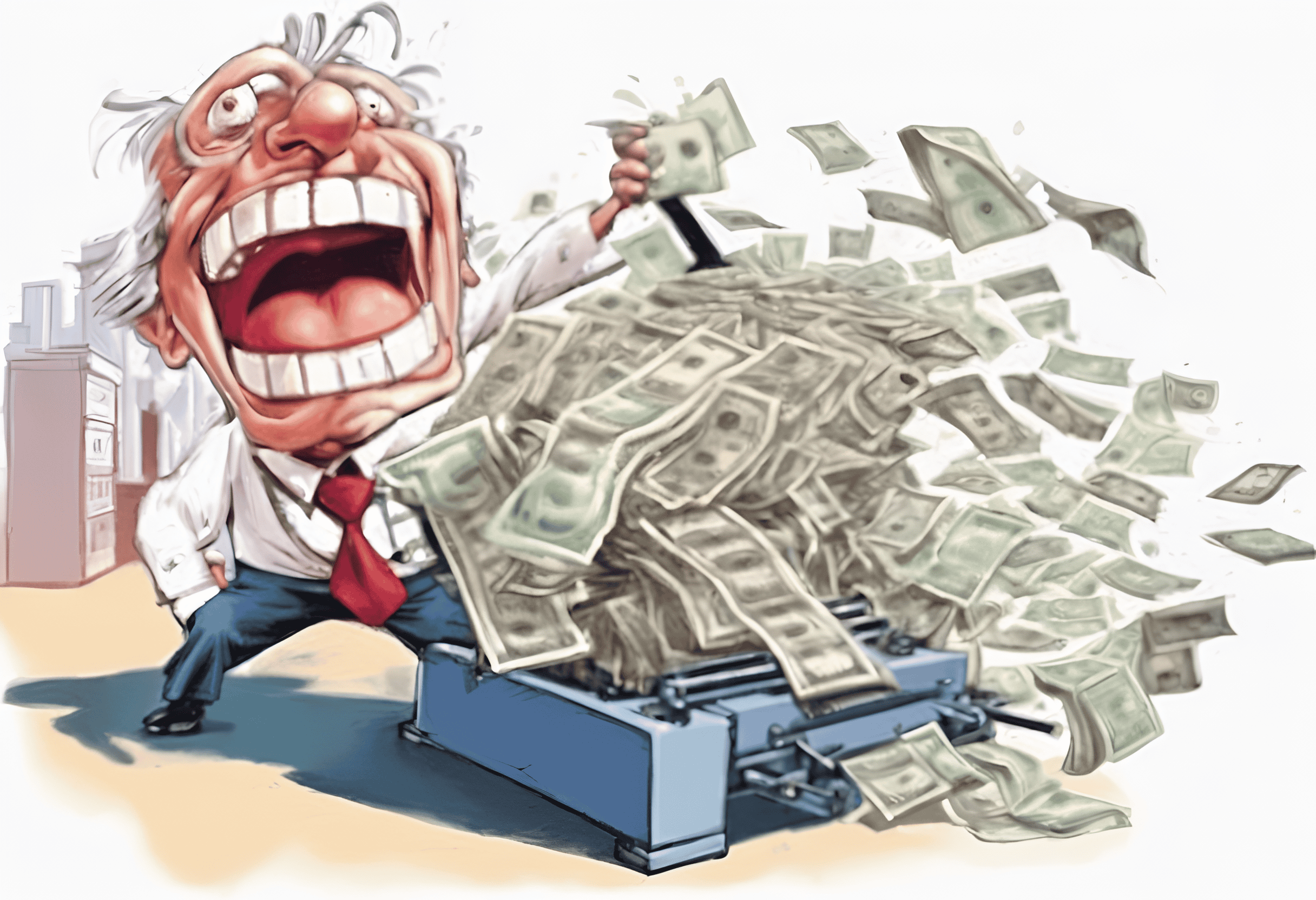
In 1694 the Bank of England was founded. Two years later, the Bank suffered a massive bank run. But the king was so indebted to and the wealthy so heavily invested in the Bank that its failure would threaten their interests. So the government saved the bank from bankruptcy.
State-backed bank corporations became an unprecedented success story. Thanks to public sponsorship, they could take greater risks than ever before and create more safe and stable money.
State-backed corporate banks were an invention that has been compared with the Philosopher's Stone. It enabled banks to create money at a pace never seen before in history. This enabled huge investment, the industrial revolution and rapid economic growth.
What's wrong with capitalism?
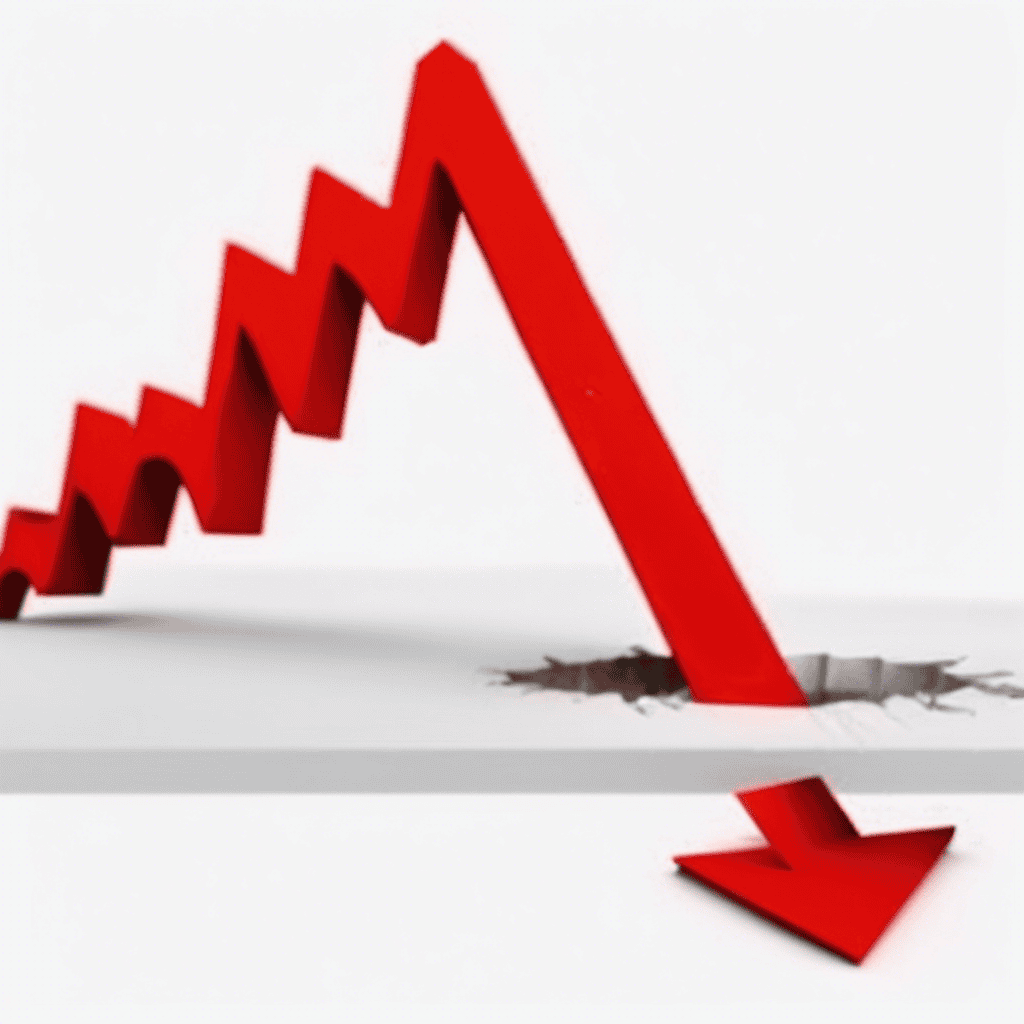
State backed corporate banking short-circuited the transformation of capital and enabled the creation of financial assets on steroids. This initially allowed for an expanding money supply and higher growth. But it also lifted banking instability to a systemic level, created boom-bust cycles, and triggered deep economic crises
Capitalism is a deal with the devil that is no longer paying off. At the turn of the 21st century, the failures of capitalism have become worse while its ability to promote general prosperity has disappeared.
Today, capitalism is depressing prosperity, creating economic disparities, discouraging entrepreneurship, fueling money and resources into unproductive enterprises and financial assets, and undermining if not destroying our ecology. Urgent change is needed.
Can Capitalism be fixed?
Previous attempts to fix capitalism have failed. Today, capital can move and transform so fast that regulations and monitoring are not keeping pace. As Deutsche Bank's research department states "bank reporting has now become so complex it has spiraled out of all control and meaning".
In the digital age, capital transformation has gone out of control. Capitalism is building up systemic risk everywhere. Everything from investment banks to insurance corporations and energy trading corporations have to be rescued by public safety nets to avoid economic collapse. However, this only creates more moral hazard and builds up larger risks, that sooner or later will result in a huge financial crash in the future.
What can be done? To fix capitalism, more regulation is not an option. As Einstein noted: "Insanity is doing the same thing over and over again and expecting a different result".
In their 2024 book, McMillan proposes a brilliant, stringent, and radical alternative. They explain how to change capitalism at its core to realign it with the market economy. Register now to learn more!
Reading circle
Do you want to read the book together with others and prepare questions before the webinar?
Sign up for a free online reading circle here, register for the:
1.
Sessions at 19.00-20-30 CEST
2. Sessions at 19:30-21.00 ET
Speakers: Jonathan McMillan

We are thrilled to present Jonathan McMillan, the brilliant minds behind the 2014 book The End of Banking, who will speak about their new book Capitalism and the Market Economy.
Jonathan McMillan is a pseudonym representing the collaboration between two exceptional authors—one a banker from a major international bank who has chosen to remain anonymous, and Jürg Müller, director of Avenir Suisse, the largest liberal think tank in Switzerland.
McMillan's work has sparked critical conversations and inspired readers around the world to rethink the financial landscape. Join us at our Sept 11 webinar to gain exclusive insights into their revolutionary ideas:
Historic opportunity
Central bankers, academics, monetary reformers, and policymakers around the world are currently discussing the problems and risks of the current monetary system and exploring new approaches to creating money. Citizens have a historic opportunity to influence and ensure that money creation is organised in a fair and sustainable way. That's why we are organizing courses and seminars on the subject. Sign up and feel free to invite friends and acquaintances.
❝
Never doubt that a small group of caring, committed citizens can change the world. In fact, it is the only thing that ever has.
Margaret Mead

When? Where? How?
Don't forget to sign up for a free online reading circle here before the webinar:
1.
Sessions at 19.00-20-30 CEST
2. Sessions at 19:30-21.00 ET
International Movement for Monetary Reform (IMMR) consists of non-profit organizations that focus on the critical issue of our time - the creation and disappearance of money and its consequences for the development of society and our lives.
We are non-partisan and act only for this issue. Our vision is that the money system should be fair, sustainable and democratic and used for the benefit of society as a whole.
© Positiva Pengar 2024
